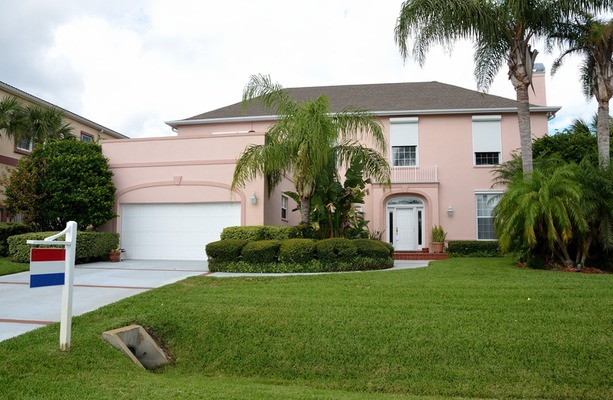
When shopping for a home, it's easy to fall in love at first glance and overlook the details that could turn your dream into a nightmare. Before committing to buying a home, here are six questions to ask to ensure you're getting the best deal.
1. What is the property actually worth?
When you find a home you are interested in purchasing, you should ask to see comparable sales.
- A comparable sale are homes in your neighbourhood that have sold recently.
- See where your home falls within the range of comparable properties' prices.
You might be able to negotiate the price if the house has been on the market too long – the sellers’ will likely be more motivated – or if it's overpriced compared to what's available in the area for the same price (or lower.)
2. Is the home in good condition?
You are probably about to make the biggest financial decision of your life, so it is a good idea to know what you're purchasing.
- Invest in a good home inspection if one hasn’t already been done for the property.
- If it has been done already, make sure you have a certified copy of the inspection report. If there are problems, calculate how much you would have to spend on renovations.
3. Will I need special insurance for the home?
Is the house in a flood plain? Does it have a sewer connection or septic tank? Is it along a fault line – which might require that you buy earthquake insurance.
- Ask the current owners and the real estate agent if you aren’t sure. Then decide if you are still comfortable purchasing the property.
- If the current owner is reluctant to divulge that information with you, walk away. There could be a bigger, costlier issue hiding somewhere.
These additional costs are a good bargaining chip to help reduce the final price.
4. Is the home being sold as a “short sale”?
A short sale is when the home is being sold for less than the mortgage owed on the property. This type of sale can potentially be problematic.
- Often banks may not be aware the home is being listed as a short sale. As such, when it comes time for the bank to approve your offer, it will be rejected since it's below the appraised value in the bank's books.
5. Are there any foreclosures in the area?
A foreclosure is when the bank has repossessed a property and is now selling it on the market. If there is a foreclosure in the neighbourhood, this could potentially be good news for you in two ways:
- It means there it is probably a cheaper option in the area for you to consider.
- It could possibly bring more price competition into the neighbourhood, thus allowing you to pay less for similar nearby properties.
6. When does the owner want to close the deal?
Sometimes a seller will want to close the sale right away. This is often because they are moving or have already purchased another home. Other times, a seller will want to have a long closing date.
- A faraway closing date often occurs for similar reasons, but the seller won’t take possession of their new home until a later time.
In either case, the seller is looking for someone with a compatible closing date.
- If you can be flexible and accommodate their dates, it may help you to reduce the asking price.
Buying a new home is a mix of strategy, timing and a good luck. It's also something you don't want to rush into because it's likely the biggest investment you'll ever make. That's why it's essential to ask the right questions so there are no surprises afterwards.



.png)
.png)